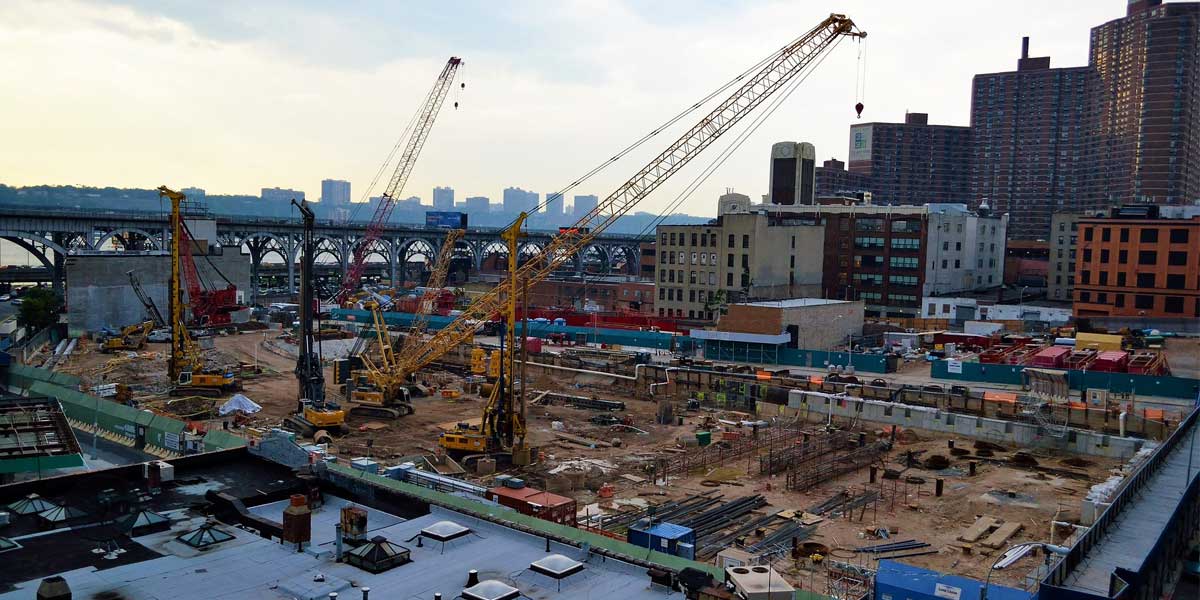

While historically the construction industry has been known to be technology-hesitant, the current scenario – propelled by the events of the pandemic and the resulting boom in the adoption of technology – is well on the verge of disruption. Tech-savviness is quickly growing and people are becoming increasingly open to the idea of mobile apps that help make operations and daily life easier and efficient.
Making the most of this evolution is a budding Bengaluru-based startup that aims to tackle the time and cost overruns that plague almost every construction project in the country.
“We met plenty of general contractors in Bengaluru and realised that most contracting companies know the problem exists,” Dixit says. “They want to solve the problem – some have even tried building a hacky solution themselves or paid someone to build it for them. But there was no standardised solution they could depend on.” This was the genesis of the idea.
The team secured its first client on the basis of the solution’s design and eventually had four to five customers for their product. However, it wasn’t a launch great enough to build a market presence.
To overcome this, in October 2020, the team developed Powerplay, a mobile app, solely for site workers, engineers and supervisors. The primary solution this app provided was to record all the data they gathered – matter written in registers and photos clicked on phones can all be stored in a Cloud on an app, making it easy to share with the offices – and to have a user-friendly design to tackle the pain point of its usability. Within a few weeks, the product just blew up, crossing 100,000 downloads. Site teams started using the product, helping office teams acquaint with it, resulting in them adopting it as well. “Within eight to nine months of launch, the solution grew organically in a product-led way,” he says.
The pandemic definitely played a role. For a month after the announcement of the nationwide lockdown, all construction work across the country came to a halt. “The Government allowed activities to resume after a month, which led to certain favourable things,” he elaborates, “As only a few people could visit the site because movement was not allowed, teams realised the importance of remote site management. Second, a lot of people from all walks of life began exploring the Internet – especially the low-income group, including site workers – making it another good push.”
So, what role does the app actually play? Three questions are of the utmost importance for a builder or contractor, according to Dixit:
1. How much progress is done at any given point?
2. How much material is required and how much is available?
3. How much manpower is required onsite and is it available?
Powerplay helps communicating the answers to these to the office. These aspects are all vital for the progress of construction work and supervising them helps the office remain proactive. Most times, owing to a lag in the tracking progress, it is very common for material to get lost or wasted and duplicate purchases to occur. Thus, being proactive helps avoid careless overspending and, as a result, control overruns in cost and time.
The app consists of three separate modules – for material, task and labour management – with a different user interface for onsite teams and offsite offices. While project management software like BIM, SAP and Microsoft Projects do exist, the uniqueness of this solution is its mobile-friendliness. “There is no tool that can be used by site workers themselves,” Dixit shares. “These existing tools can only be used by a designated person, usually a PMC [project management consultant] and then that becomes another cost centre instead of reducing the cost.” Later, Dixit foresees Powerplay being integrated with high-end project managing software gaining popularity today solely because of the ease with which it helps in data collection, which these other platforms do not offer.
Powerplay recently received funding of $ 1.2 million from Accel Partners and Sequoia Capital India, which Dixit believes will go a long way in helping the team realise its vision.
Going ahead, the plan is to have a customer-centric revenue model where solutions and subscription plans could be crafted around every user’s specific needs. Dixit even plans to foray into the international markets and see the response. “The aim is to eventually see 1 per cent of global construction activities happen on Powerplay.”